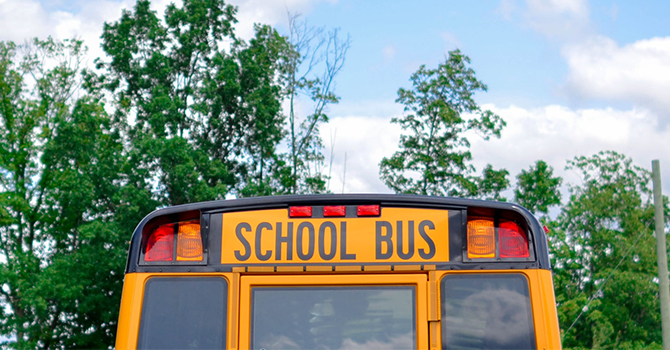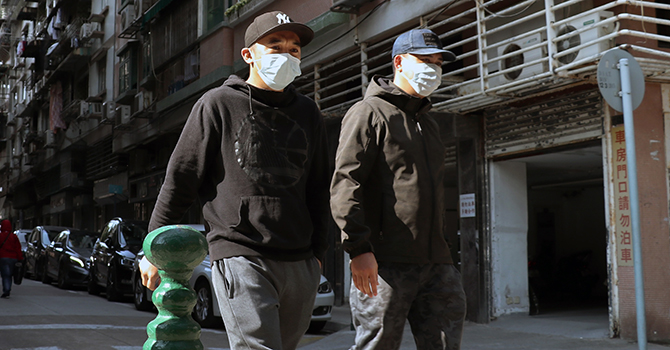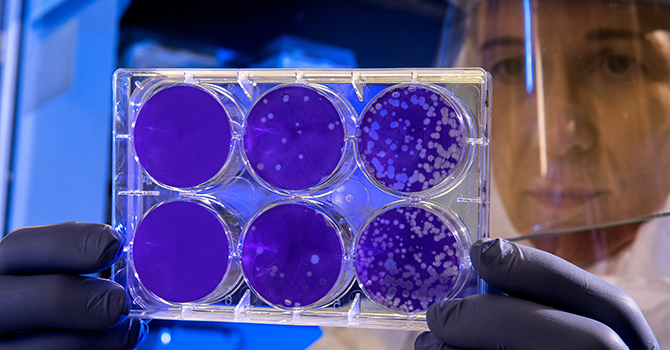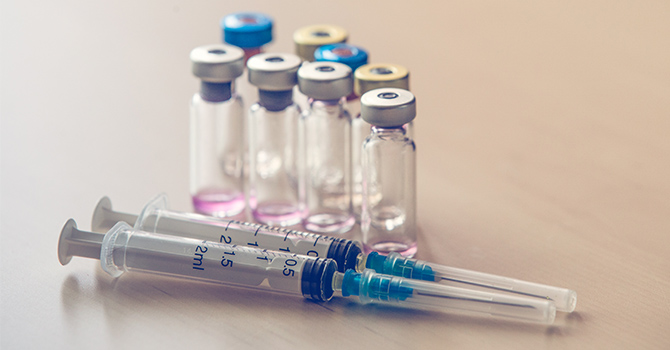
Opening Up US Will Trigger More COVID-19 Cases, but Disease Models Suggest How to Avoid a Second Peak
Joseph Eisenberg
As states open up, more coronavirus spread is expected, and models can show whether public health measures are working. Models are more like compasses than crystal balls, says epidemiologist Joseph Eisenberg, and current models from epidemiologists suggest that we must make changes slowly and relax social distancing measures incrementally during the coming months.





